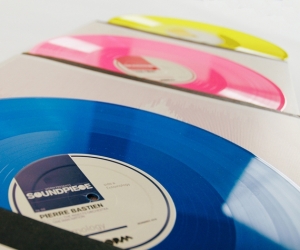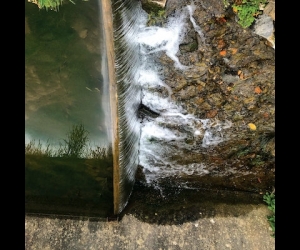
On his breathtaking 2018 debut album, Wolastoqiyik Lintuwakonawa, Jeremy Dutcher, an operatic tenor, composer, musicologist, and two-spirit member of the Tobique (Neqotkuk) First Nation in New Brunswick, transcribed century-old wax cylinder recordings of songs in the endangered Wolastoqey language that he discovered in the collection of the Canadian Museum of History in Ottawa. Adding his own voice and music—an intriguing hybrid of jazz, folk, classical, and pop—to the recordings, Dutcher essentially performed duets with his own ancestors. The result was stunning, winning a Juno and the Polaris Music Prize and leaving listeners around the world in awe.
Although that album’s themes of loss, grief, history, and wonder were unmistakable even to non-Wolastoqey speakers, Dutcher wanted to address settler audiences more directly on his follow-up, Motewolonuwok, by singing in English as well as in Wolastoqey. That brings the stories of Indigenous people lost to suicide and murder into sharp and painful focus on devastating—and devastatingly beautiful—songs like “The Land that Held Them” and “Ancestors Too Young.” But there is a broad ribbon of hope running through Motewolonuwok, from the exquisite cello and piano backing Dutcher’s richly sonorous voice in the opening “Skicinuwihkuk” to the invitation of “Take My Hand” and the soaring, hopeful closer “Rise in Beauty.” Dutcher wrote several tracks with Owen Pallett, who arranged the strings and produced the album with Devon Bate, and one with Basia Bulat, and used the words of Cherokee poet Qwi-Lo Driskill to inspire a couple more. He also expanded the instrumentation to include horns (including a searing trumpet explosion at the end of “Ancestors Too Young” by Lina Allemano, who also provided mournful additions to “There I Wander”) and an orchestra, plus a twelve-piece choir that adds deep layers of feeling to “Sakom,” “Together We Emerge,” and “Wolasweltomultine.” Dutcher has expertly balanced sparse cello and piano soundscapes with full orchestra and choir, choral music with experimental pop and jazz, and intense grief with hope, creating a work of incredible beauty.


